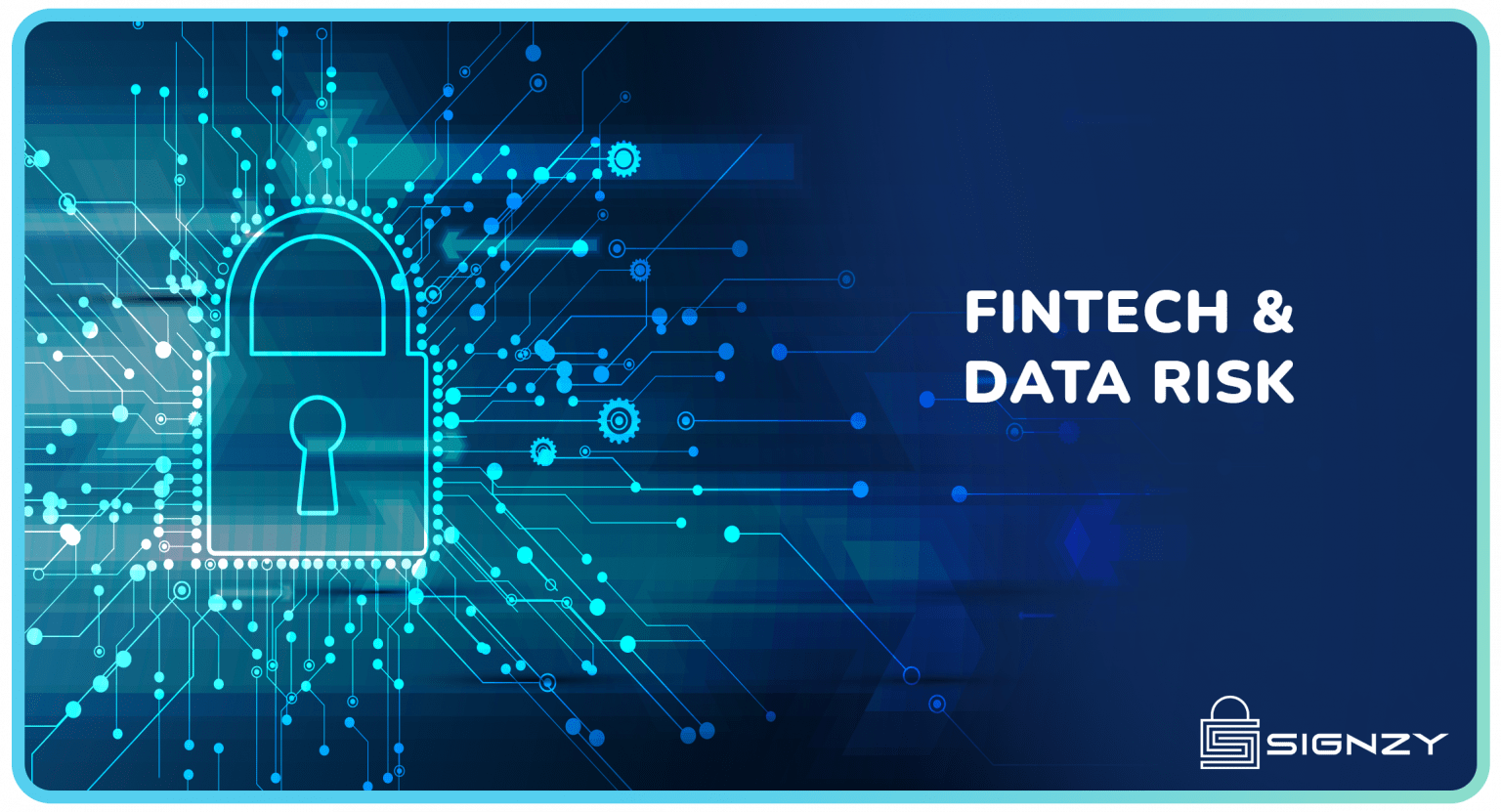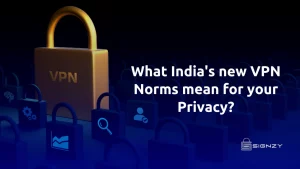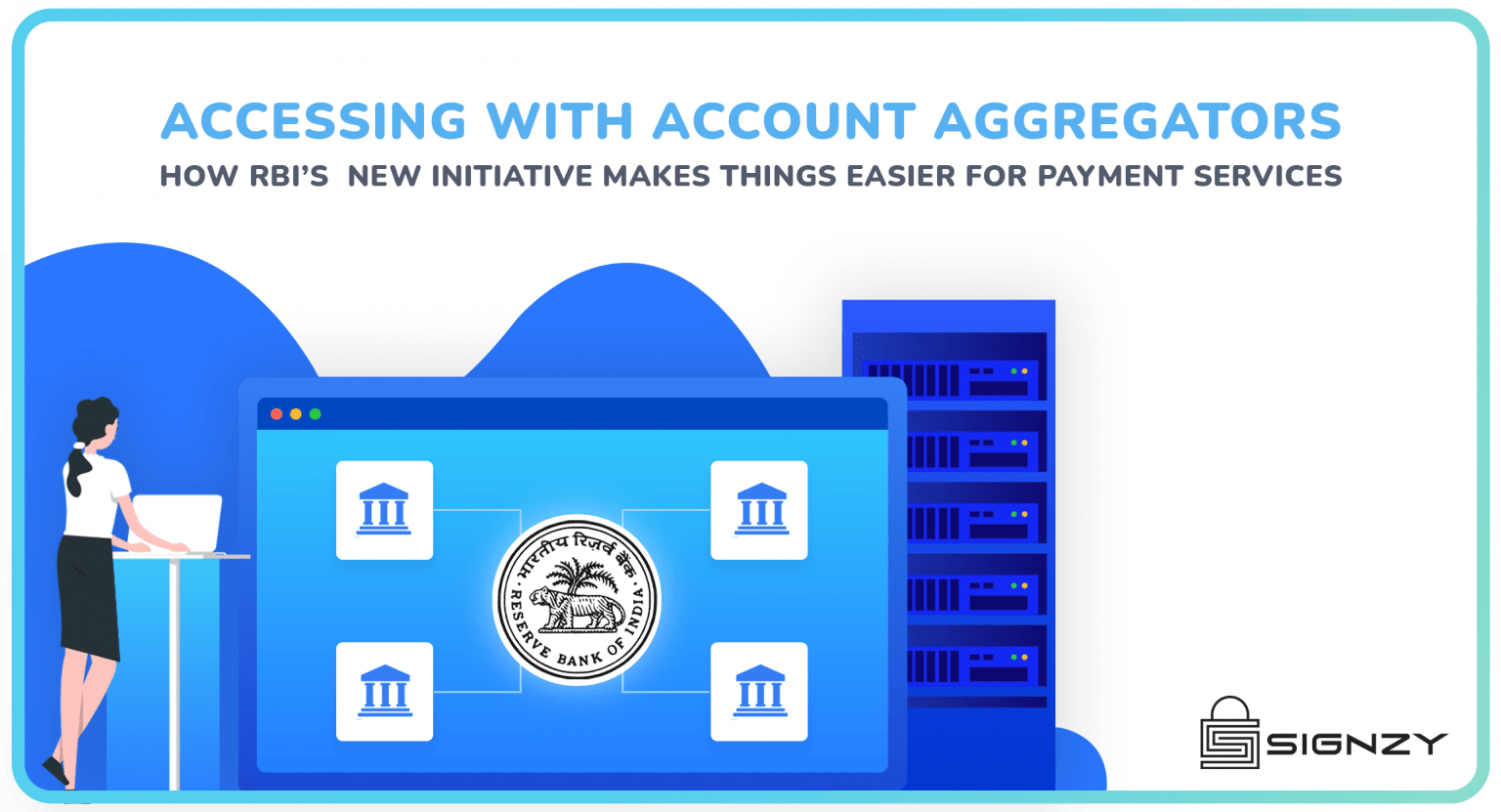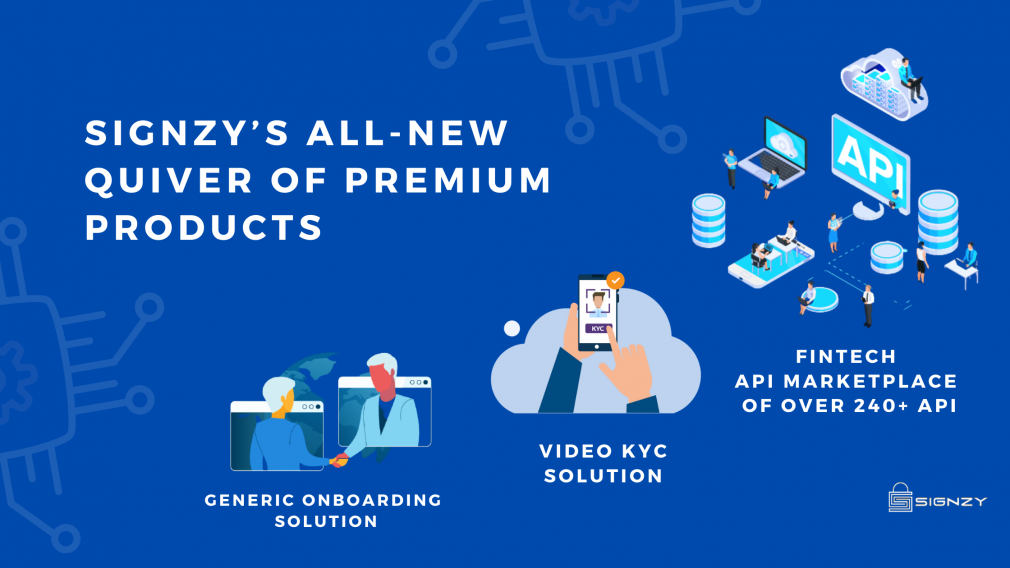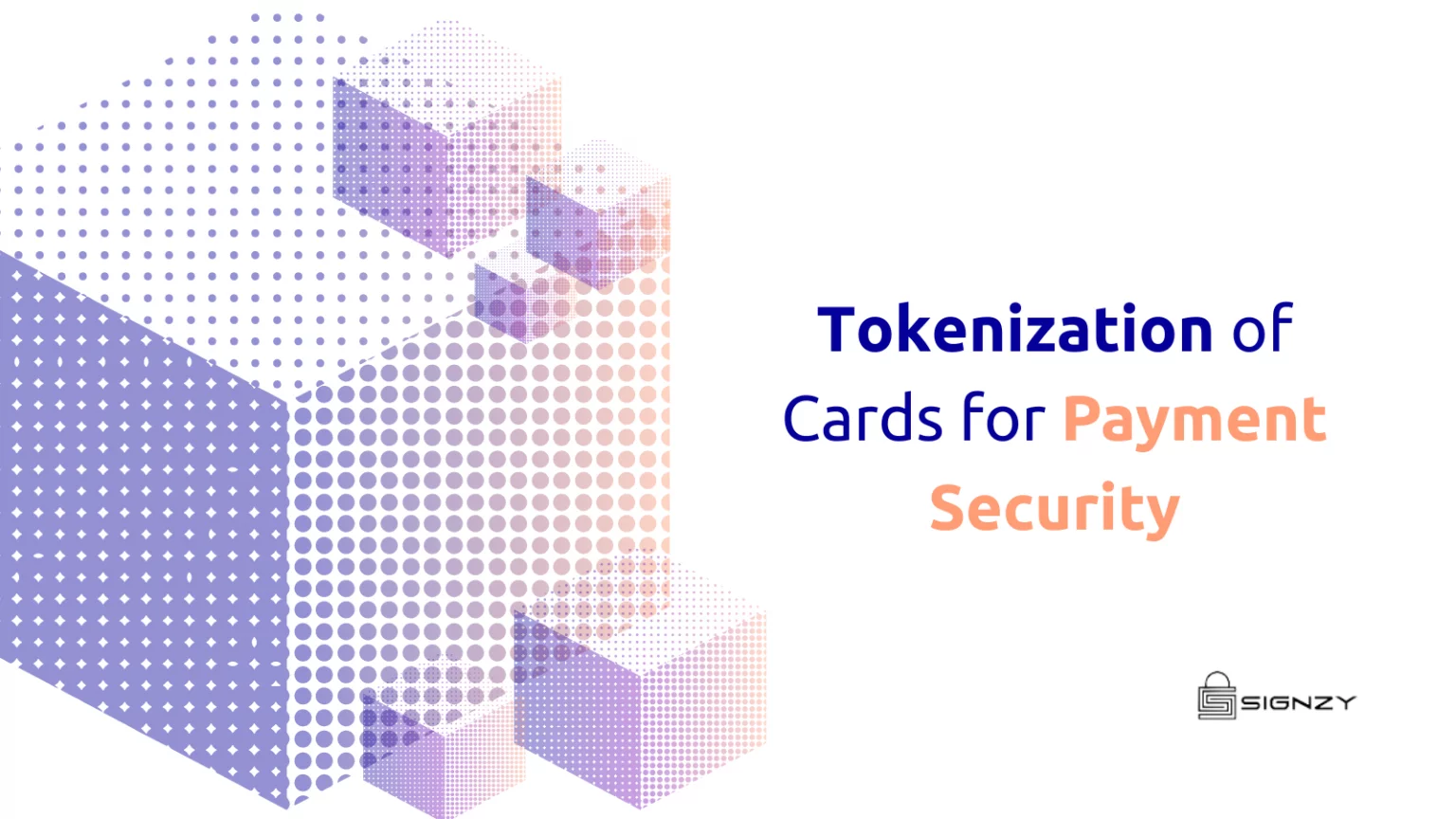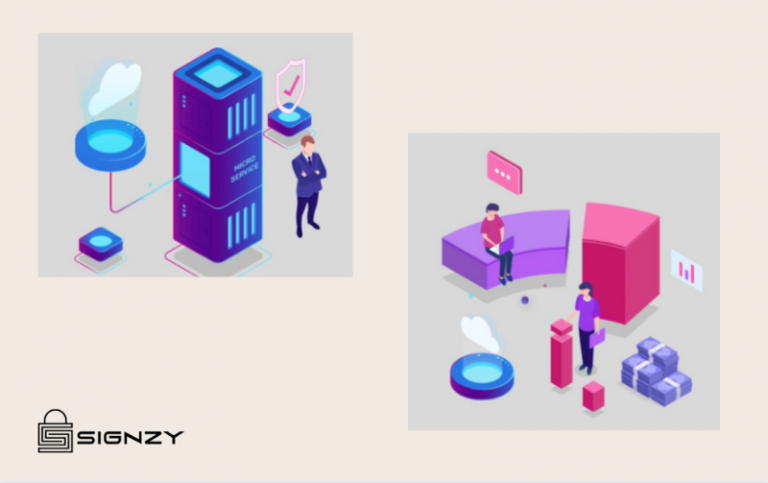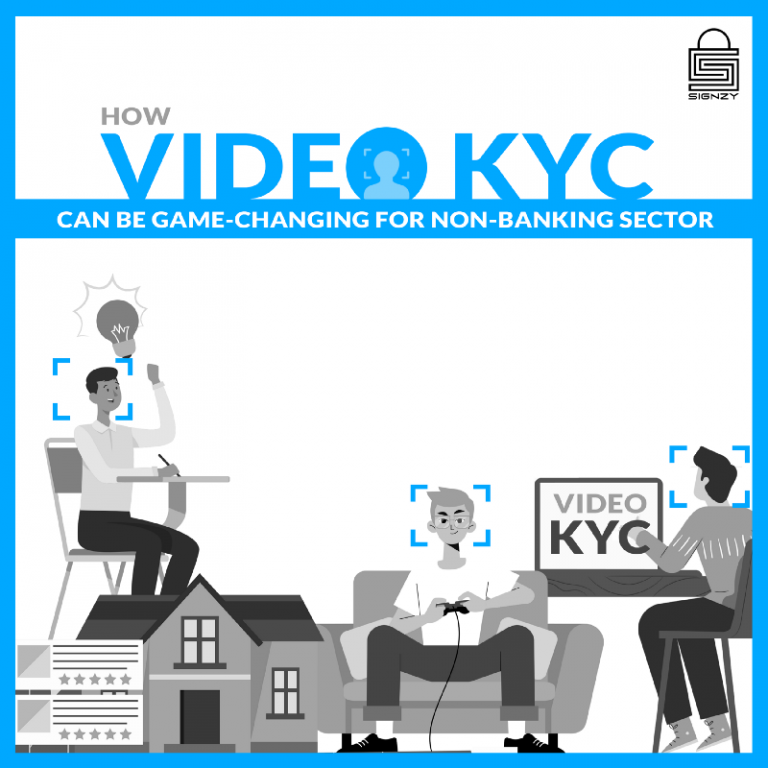The global fintech market was valued at $127.66 billion in 2018, and it is anticipated to grow at a CAGR Of 24.8 percent to $309.98 by 2022. According to Statista, 66.7 percent of bank executives believe FinTech will have a global influence on wallets and mobile payments.
This illustrates how the Fintech sector has experienced tremendous growth in recent years and will continue to do so in the future. Another aspect that is stealing the limelight as a result of this rapid expansion is data risk. As more individuals switch from conventional methods to Fintech, the risk of critical data being compromised has grown dramatically.
Exemplification of Data Risks
According to a study conducted by Keeper Security, 70% of financial services firms have experienced a cyber attack in the previous year. Since the outbreak of the pandemic, a surge in cyber assaults has prompted FinTech firms to rethink and refocus their security strategies
A few examples of data breaches in the financial sector:
1. Dominos India
Domino’s India suffered a major data breach in April when the credit card information of nearly ten lakh of its customers and employees was leaked on the Dark Web. Names, phone numbers, and payment information, including credit cards and pizza preferences, were among the information leaked.
Alon Gal, CTO of security firm Hudson Rock, discovered the leak when he came across someone offering 10 bitcoin (approximately US$535,000 or INR4 crore) in exchange for 13TB of data, which included one million credit card records and details of 180 million Dominos India pizza orders.
2. Facebook
When the personal data of over 533 million Facebook users was posted on a low-level hacking forum, it was exposed in a data breach. Phone numbers, full names, locations, email addresses, and biographical information of users from 106 countries were leaked, with India being one of them.
Methods to Mitigate
To avoid data loss or theft, businesses must guarantee that data is appropriately safeguarded. When a data breach occurs, businesses should notify people, as well as report the risk of damaging their brand and consumer loyalty. Companies might face fines of up to €20 million or 4% of yearly sales under the General Data Protection Regulation.
Following a variety of recommended practices can help to reduce the risk of data breaches:
- Ensure the app’s secure architecture and code
Developing a safe app’s logic entails incorporating security into each phase of the app’s usage. You must evaluate what data to keep, where it will be saved, who will have access to certain app features and data, and more throughout the early phases of app development.
- Use Code Obfuscation
Developing a safe app’s logic entails incorporating security into each phase of the app’s usage. You must evaluate what data to keep, where it will be saved, who will have access to certain app features and data, and more throughout the early phases of app development.
- Build Secure Identification, Authentication, and Authorization Processes
When a person claims to be a user of your app, identification entails supplying a name or username. Authentication is supposed to show that they are who they say they are. The next stage is to decide what they are permitted to do after the system has identified and authenticated them.
Threat Landscapes Where Data are at Risk
Though Fintech in today’s world has become increasingly secure, there are still some weak spots that can put our data at risk. These are some of the risks which may emerge while you use any fintech platform.
- Fraud Risk
- Merchant Risk
- Regulatory risk
- Anti-money laundering and countering terrorist financing
- Consumer Risks
- Cybersecurity and Data Privacy
- Credit risk and operational risk
- Outsourcing Risk
Data Risks & Third-Party Ecosystem
For specialist services, competitive advantage, operational efficiency, and cost savings, businesses have traditionally turned to third parties. However, as businesses extend their third-party ecosystems to perform fundamental tasks that are vital to operations, business models, and value propositions, a significant change is occurring. As a result, the dangers to the expanded company have increased.
As talent gaps emerge, as automation, analytics, and artificial intelligence (AI) progressively complement and enhance traditionally human-performed professions, businesses are reconsidering the nature of work, workforces, and workspaces. Many of these modifications can be influenced by third parties.
How Signzy Can Help?
With the increased data risks in the fintech sector, there is demand for securing the sensitive data of the customers successfully. But, the question is how do we do that?
That is precisely where we can assist you.
We at Signzy, have a variety of AI-based solutions to digitally identify, verify, and authenticate customers, moreover helping in ensuring full security. Our solution for onboarding security has been deployed by more than 45 big and valued clients. These include leading banks, NBFCs, mutual fund managers, P2P lending banks, digital payment solutions, etc. Thus, making it promising and easier to trust us.
About Signzy
Signzy is a market-leading platform redefining the speed, accuracy, and experience of how financial institutions are onboarding customers and businesses – using the digital medium. The company’s award-winning no-code GO platform delivers seamless, end-to-end, and multi-channel onboarding journeys while offering customizable workflows. In addition, it gives these players access to an aggregated marketplace of 240+ bespoke APIs that can be easily added to any workflow with simple widgets.
Signzy is enabling ten million+ end customer and business onboarding every month at a success rate of 99% while reducing the speed to market from 6 months to 3-4 weeks. It works with over 240+ FIs globally, including the 4 largest banks in India, a Top 3 acquiring Bank in the US, and has a robust global partnership with Mastercard and Microsoft. The company’s product team is based out of Bengaluru and has a strong presence in Mumbai, New York, and Dubai.
Visit www.signzy.com for more information about us.
You can reach out to our team at reachout@signzy.com
Written By:

Signzy
Written by an insightful Signzian intent on learning and sharing knowledge.
